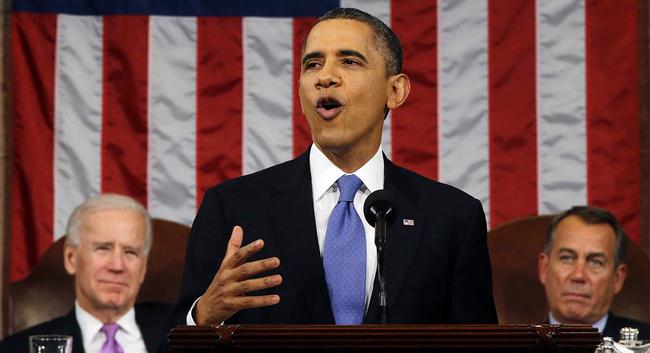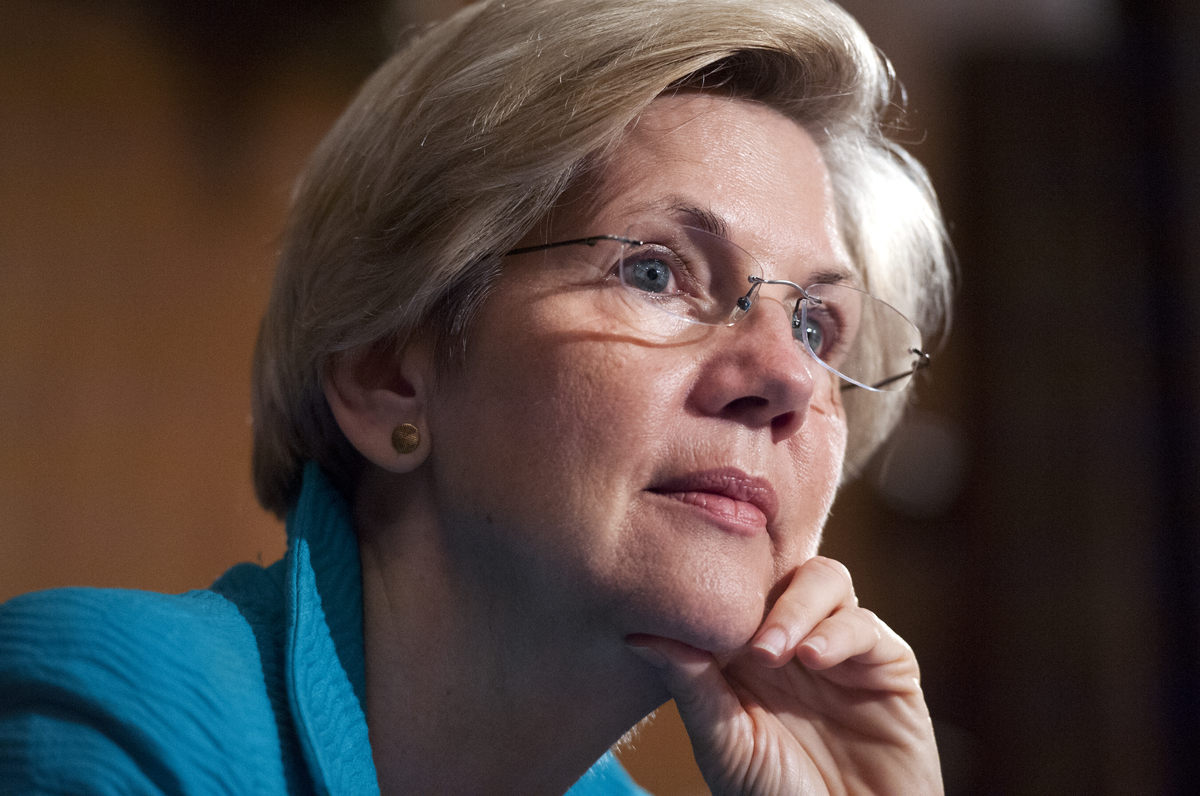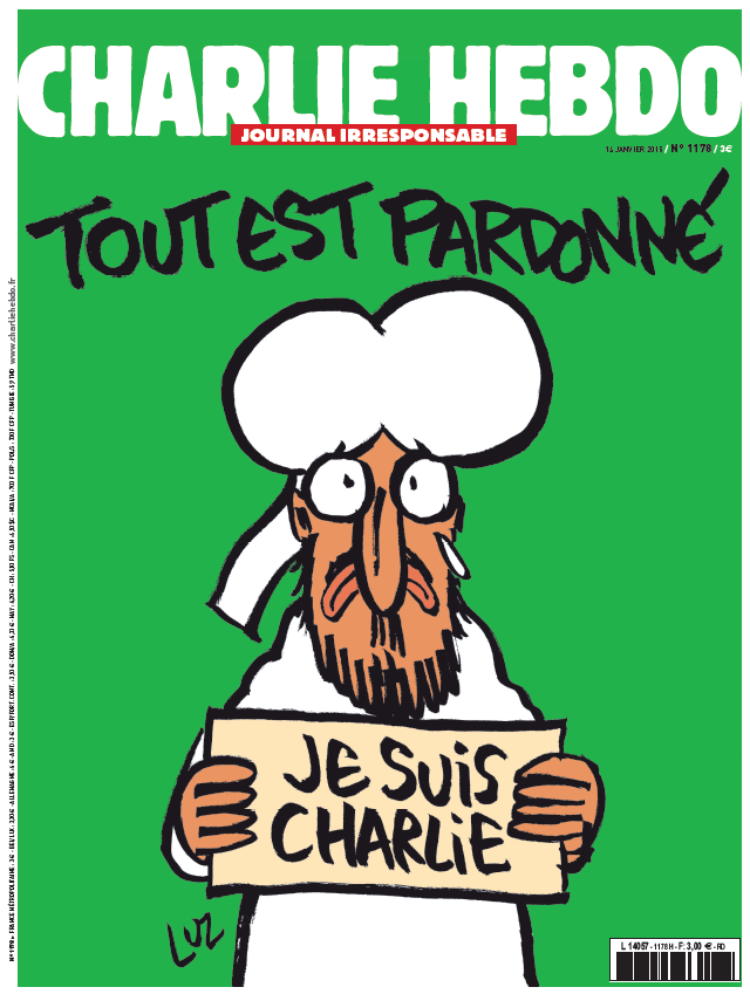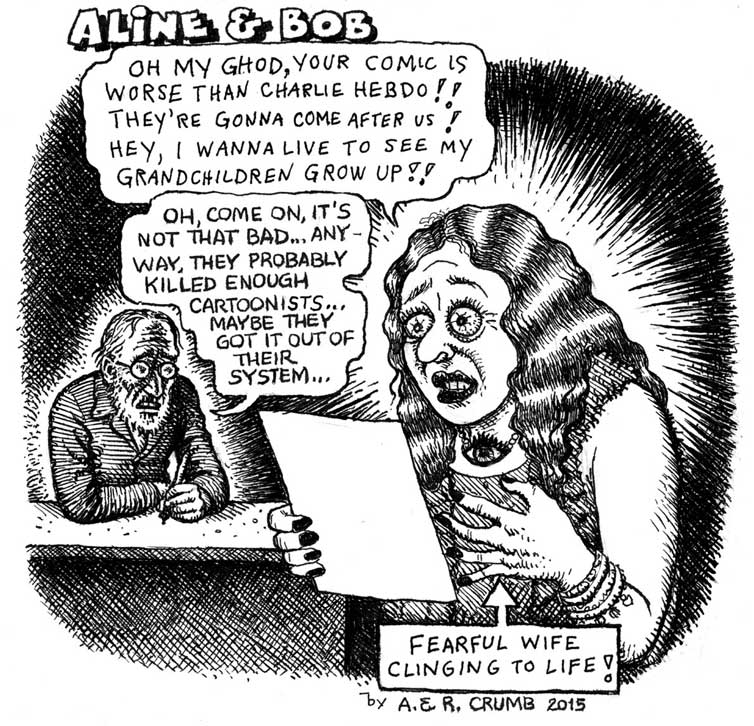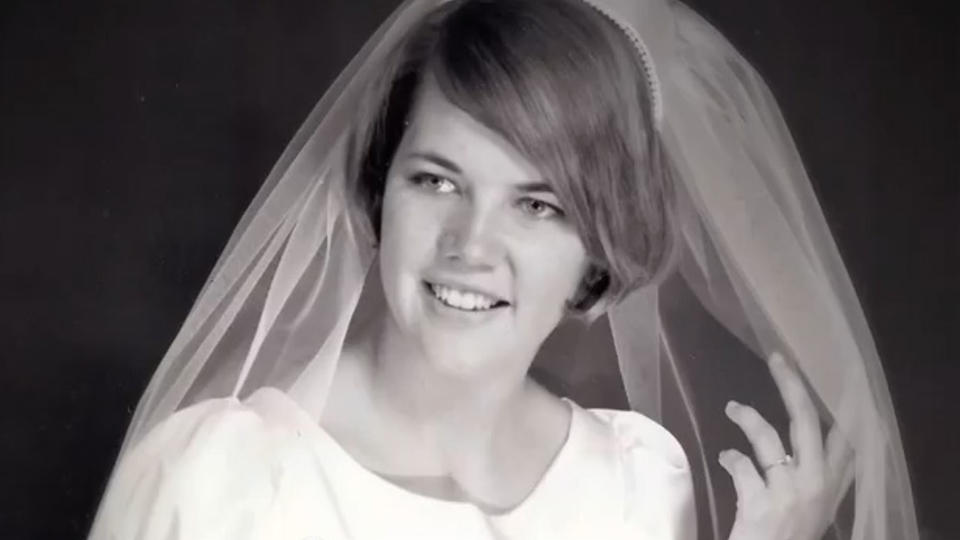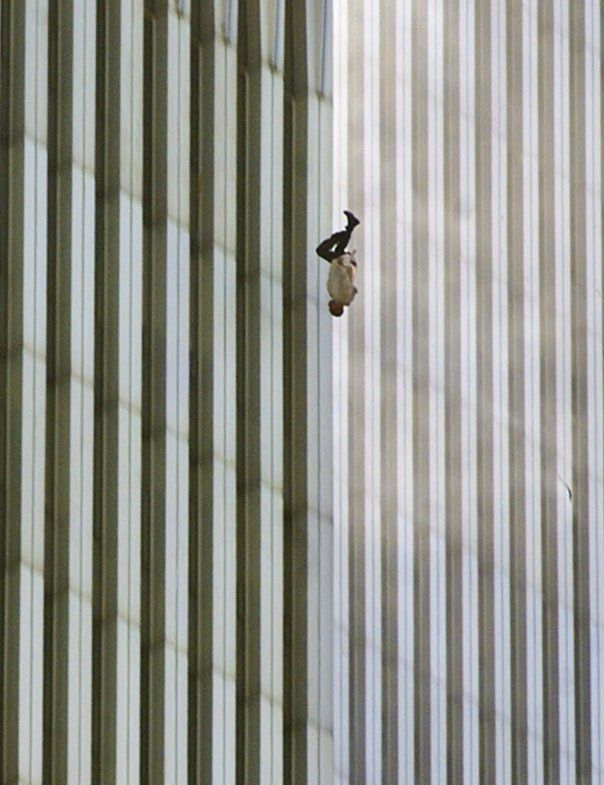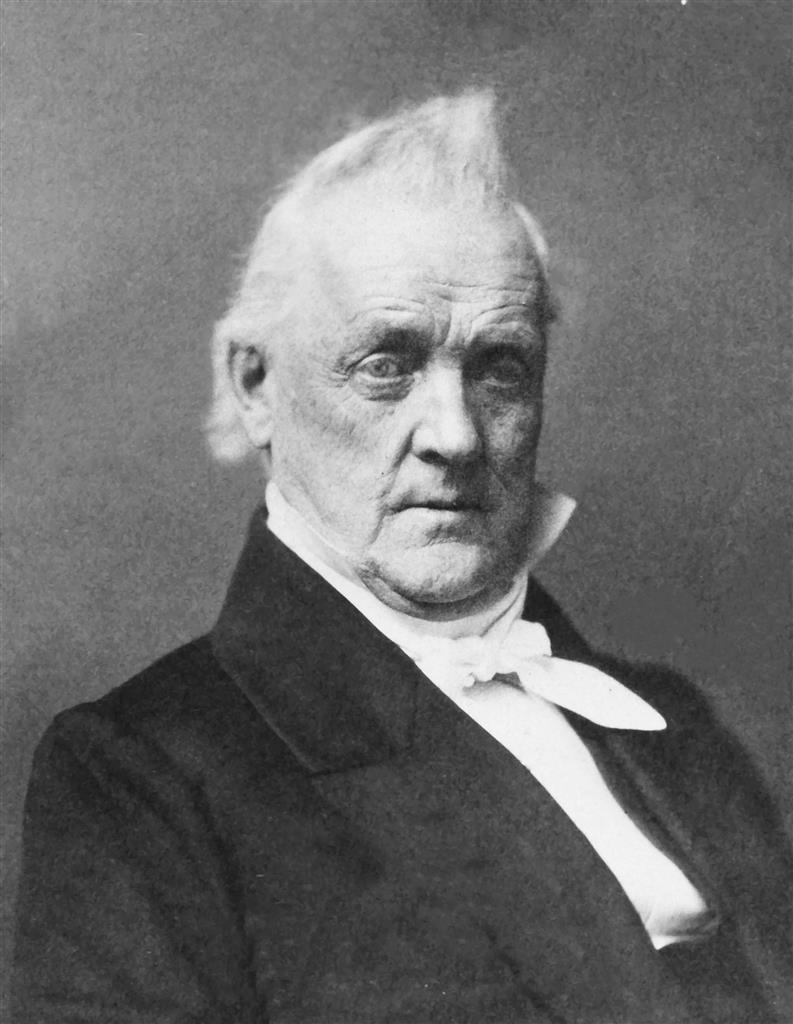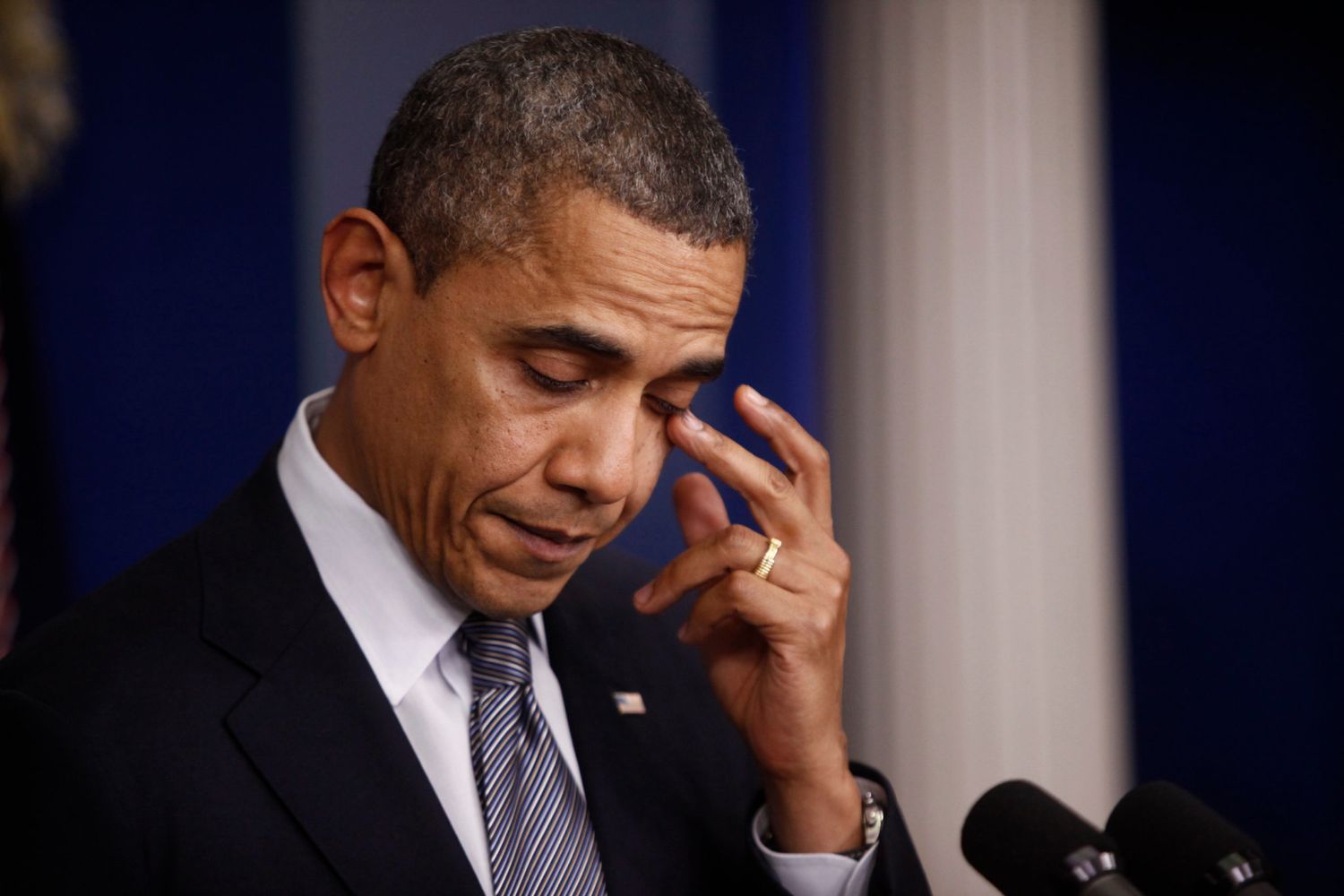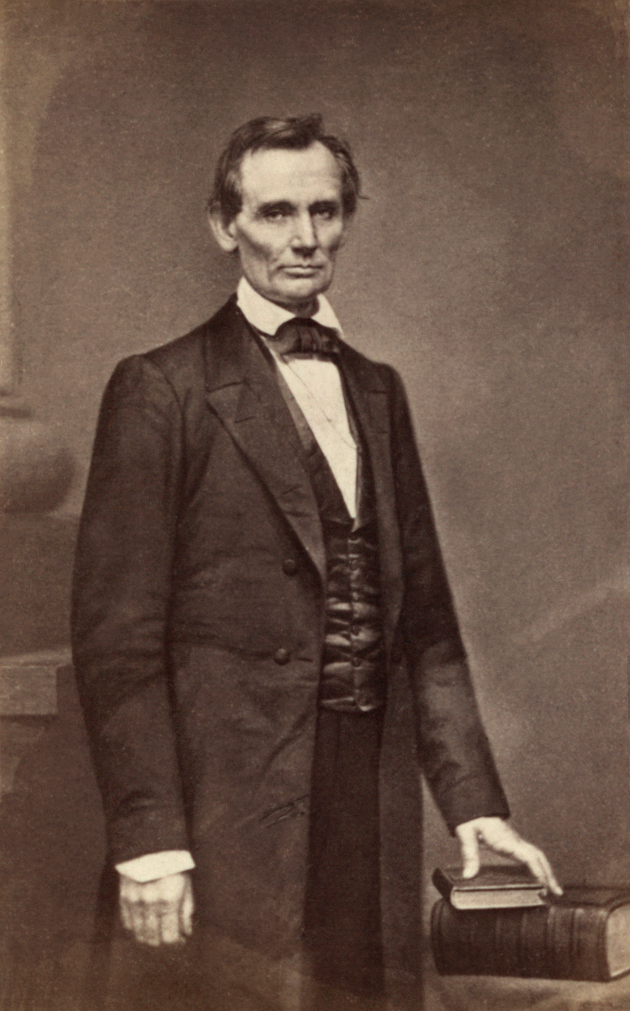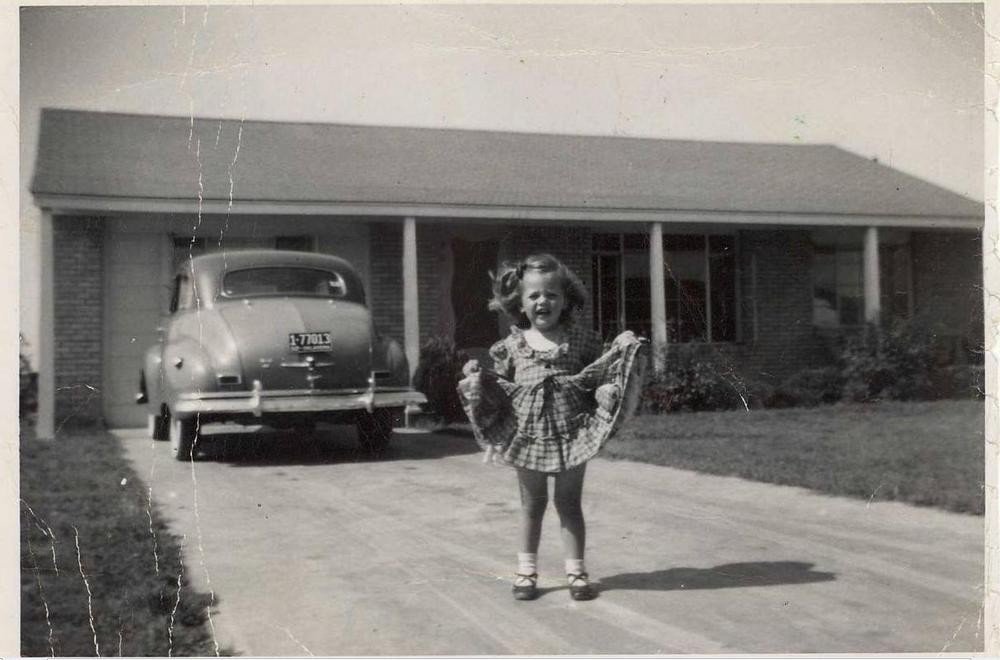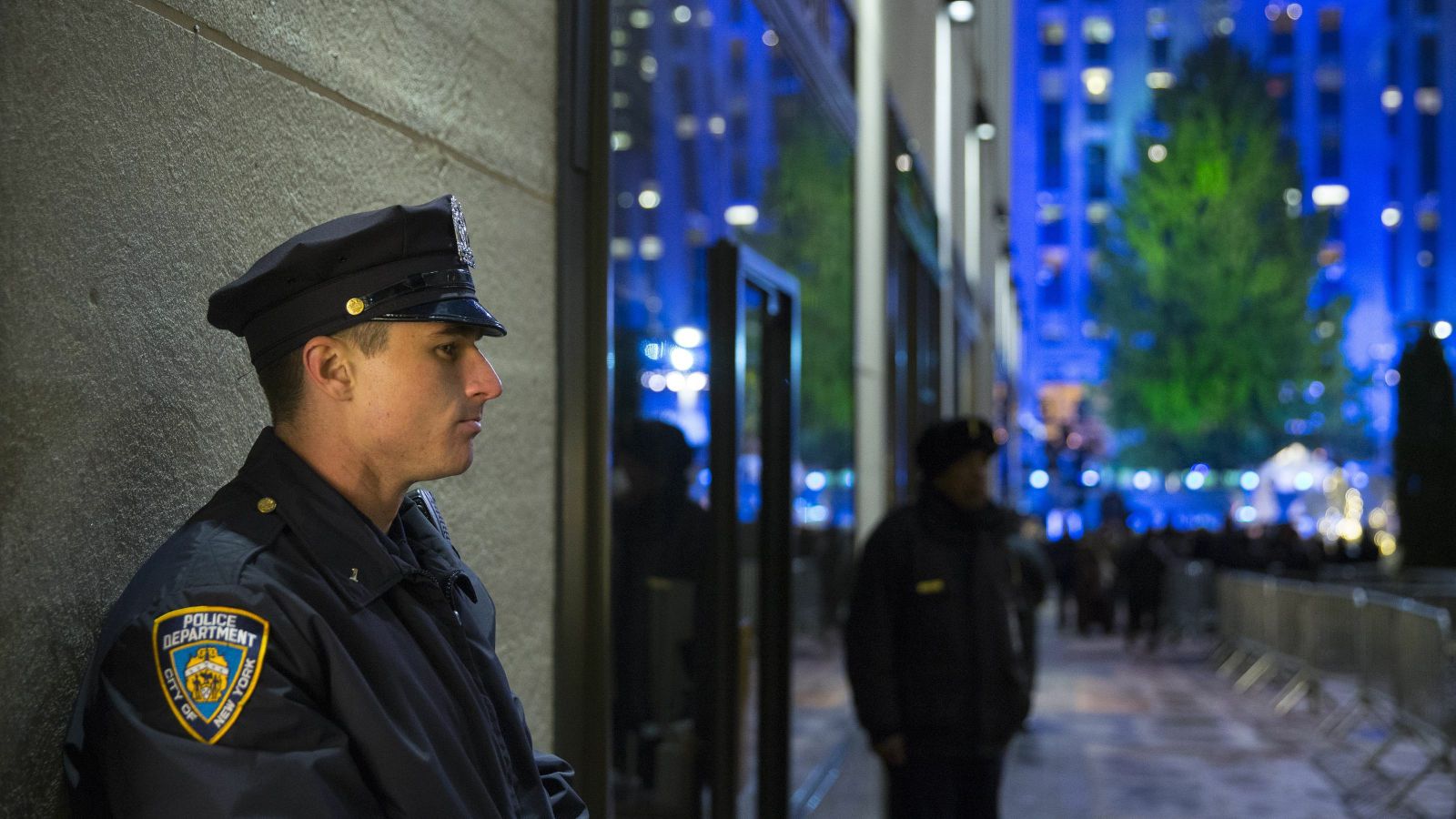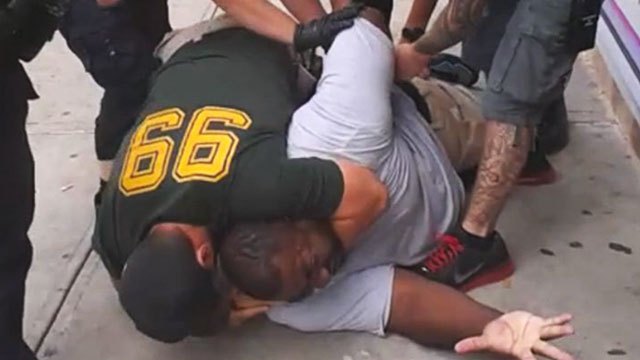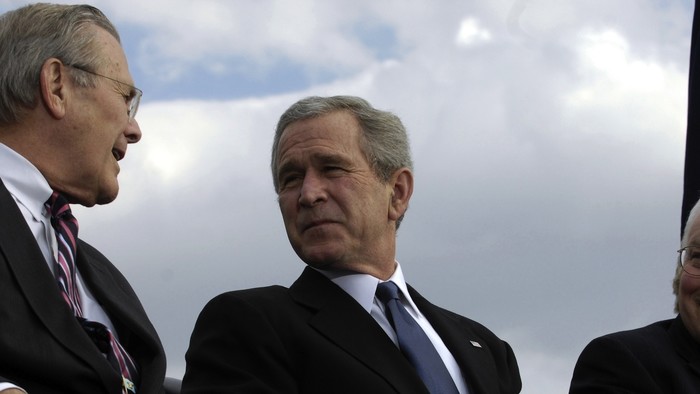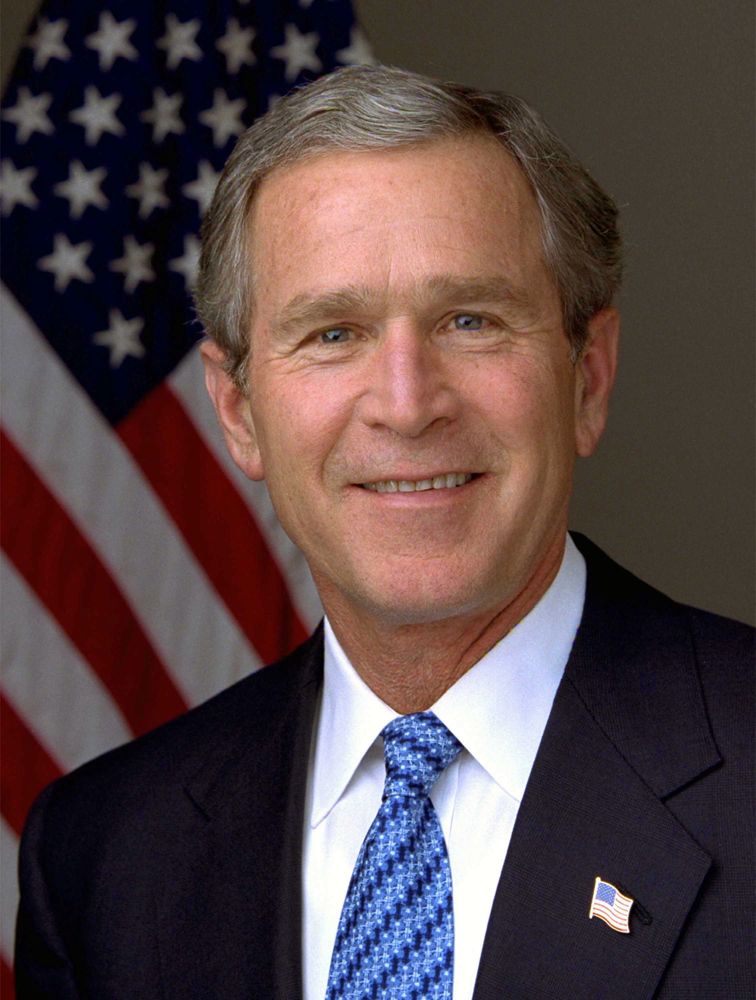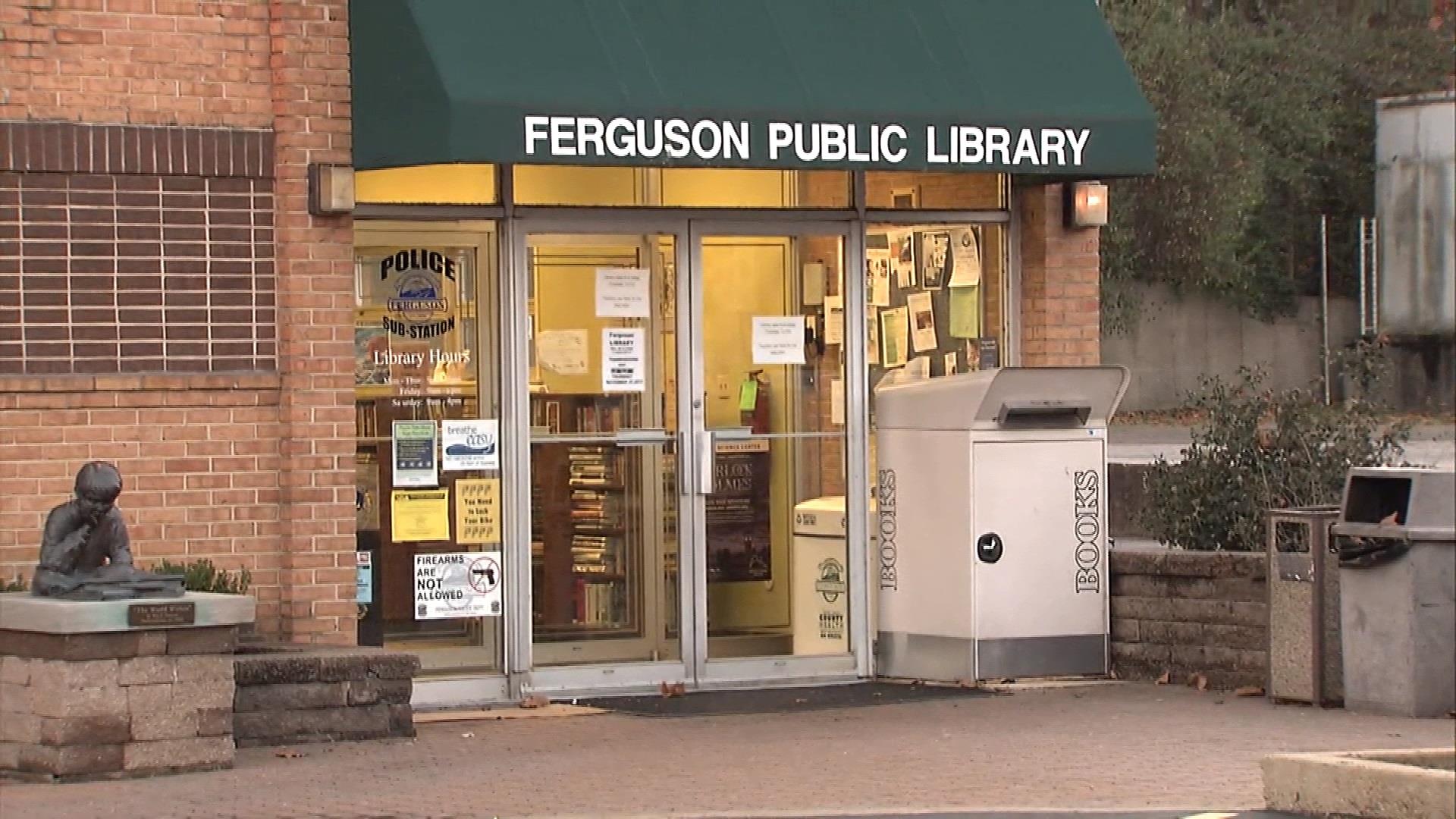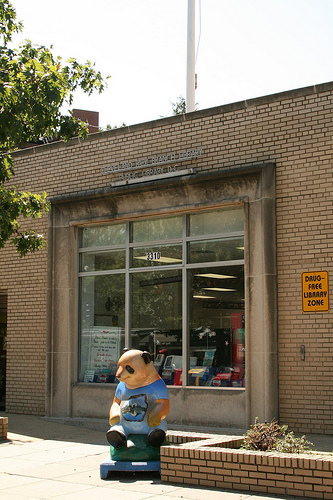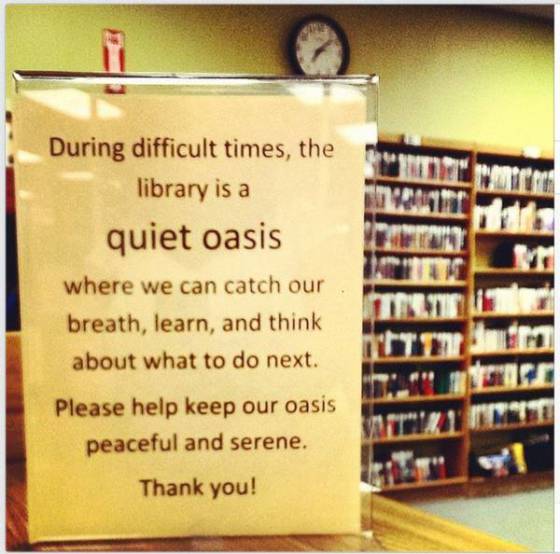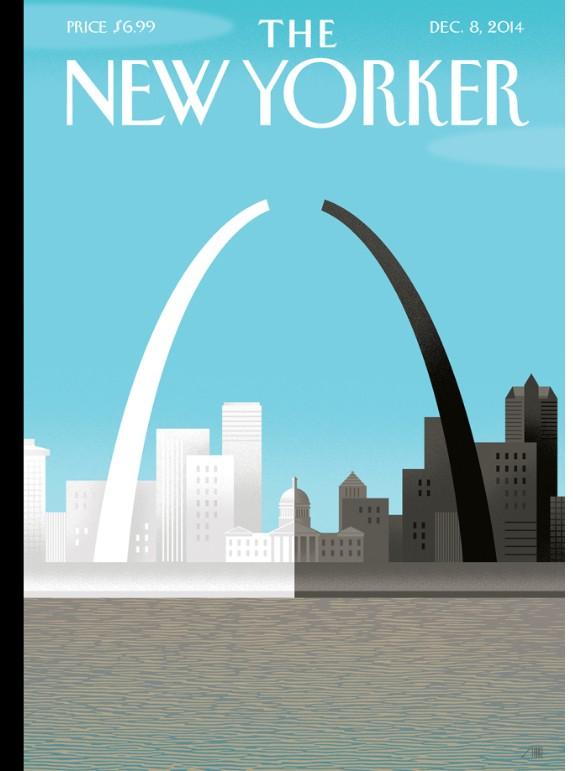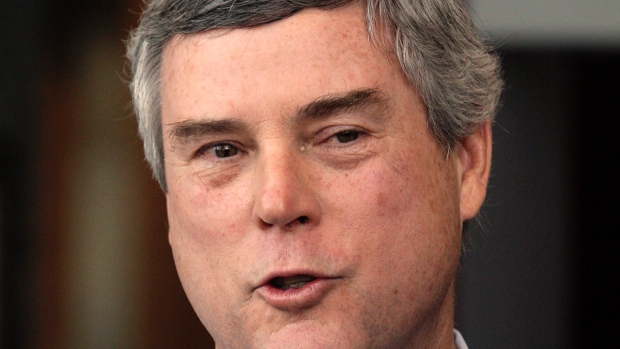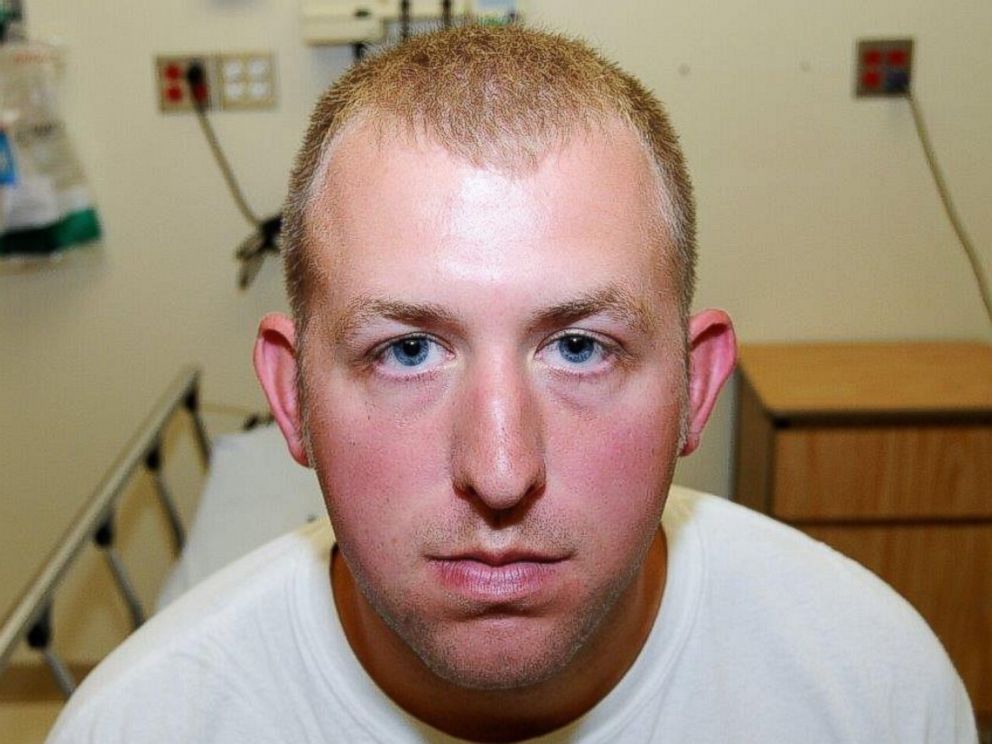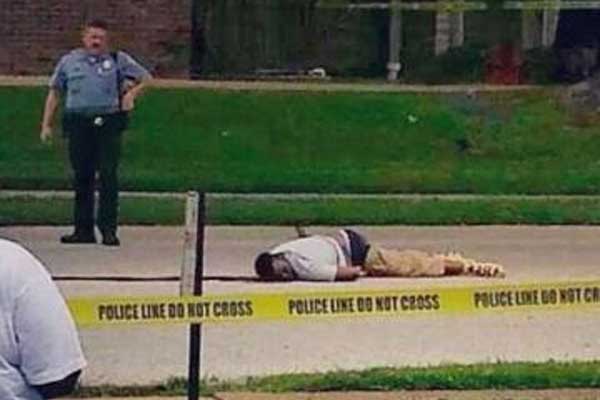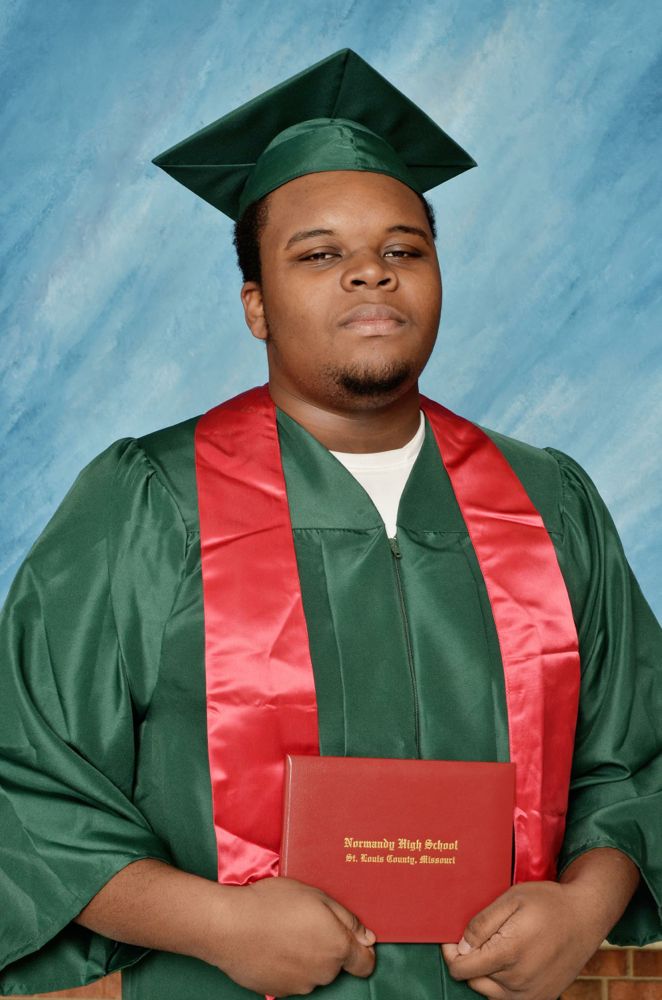
O. k., I’m a fiction writer. When presented with disassociated but intriguing facts I have an irresistible urge to turn them into stories. This is my story about the Michael Brown shooting:
Brown (above), feeling insecure and powerless, for whatever reasons, robbed a convenience store, violently assaulting the convenience store clerk in the process. This made him feel powerful, virtually invincible, after the fashion of 18 year-olds.
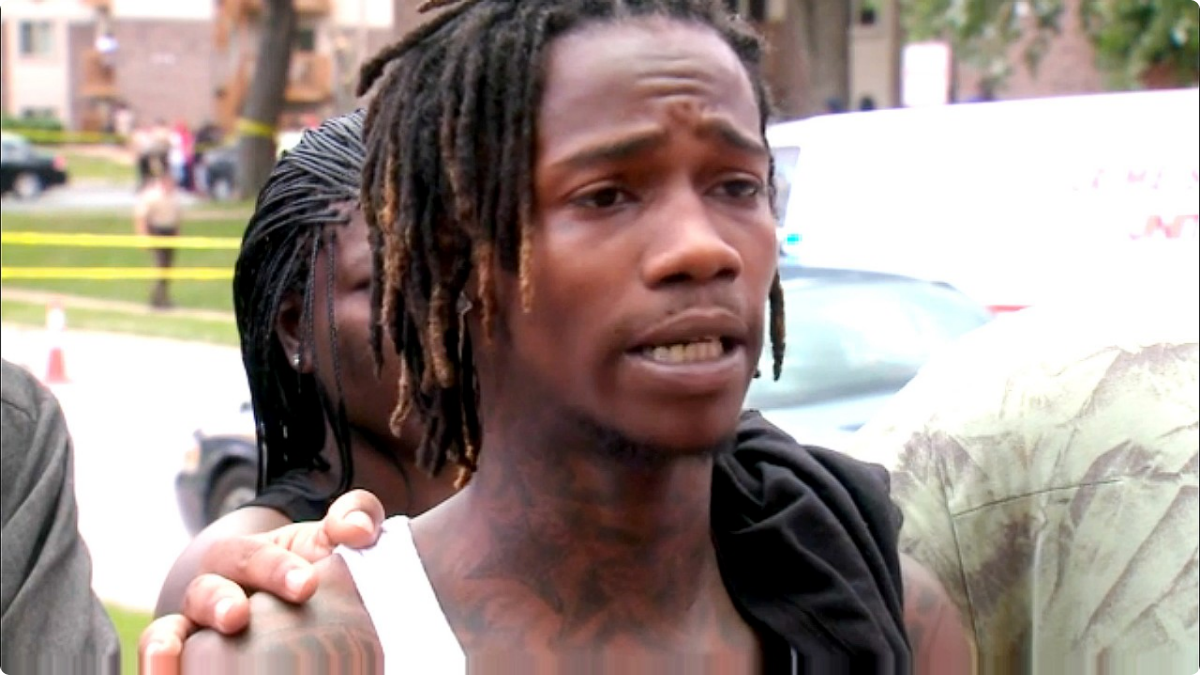
Ten minutes later, he and his accomplice in the robbery, Dorian Johnson (above), were walking home down the middle of a street, defying convention, feeling like the lords of the earth. A nerdy cop drove up to them and dissed them, telling them to “get the fuck onto the sidewalk”. He used the tone that white cops with guns often use towards uppity black men.
Brown snapped, either scared that he was about to be arrested for the convenience store robbery or unable to come down from his high derived from the robbery. He swore at the cop, punched him, then, when the cop drew his gun, Brown tried to get the gun away from the cop.
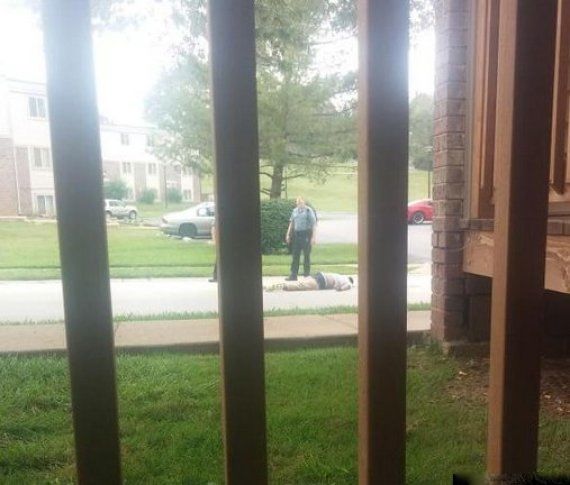
Brown failed, was shot, and ran. The cop, feeling humiliated by Brown’s assault, pursued. Brown stopped eventually, severely wounded, and turned back towards the cop, maybe took a step or two towards him, hardly able to think clearly at this point.
The cop, enraged, feeling violated and afraid, wanted to kill Brown, needed to kill Brown. The step towards him gave him, in his mind, legal authority to kill Brown. He did it to preserve, not his life, but his dignity as a competent male.
It was a confrontation between two people howling on the margins of nonentity — two boys uncertain of their own identity as men.

